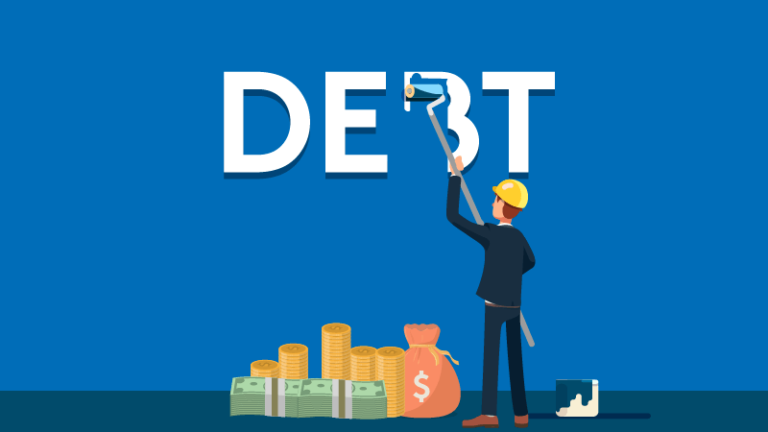
Starting a business can be expensive, but it doesn’t have to put you into massive debt or require you to take on investors (which is really just another word for debt!).
If you’re in the beginning stages of starting a business or could use some tips on scaling back your spending, here are a few rules to follow when you’re just getting started.
Don’t Quit Your Day Job Until the Scales Tip
Many people advise not quitting your day job right away when starting a business—to keep working until the time is right. But how do you tell when that time is? Whether you already have one business and want to start another, or you have a day job, try not to quit until your new endeavor is beating your day job in some metric, be it that you’re earning more of your income from your venture or are so busy with business that it’s demanding more of your time.
Don’t Be Afraid of the Kitchen Table
Office space is great, but make sure it’s really necessary to your business. If you’re leasing space because you think it will make you look more legitimate, reconsider. The kitchen-table scenario won’t work for everyone, but there are other alternatives. You could look into becoming a member of a co-working space or renting an office from an existing business.
Scale Your Staff on an As-Needed Basis
When you’re first starting a business, you may think you need a marketing and PR team, a development team, human resources, an administrative staff, the works. So many young startups make this mistake, scaling much too fast for their needs. But the truth is that in the beginning you really only need one or two other people who can implement your idea.
You can try out potential employees on a project or contract basis. It’s a great way to test the waters with an employee before making a long-term commitment. After all, you don’t need to hire a graphic designer the first time you need one logo made. Do things with lighter-touch help (or yourself) until you reach a point where the workload or the expertise needed requires another body.
Starting a business is exciting and scary at the same time. In the midst of all the excitement, it can be easy to be distracted by what you think you need. The key is to focus on your idea and put all of your energy and time into perfecting that idea—whether it’s a product or a service—that people will want to use.
If you focus on the idea, the rest will fall into place.





